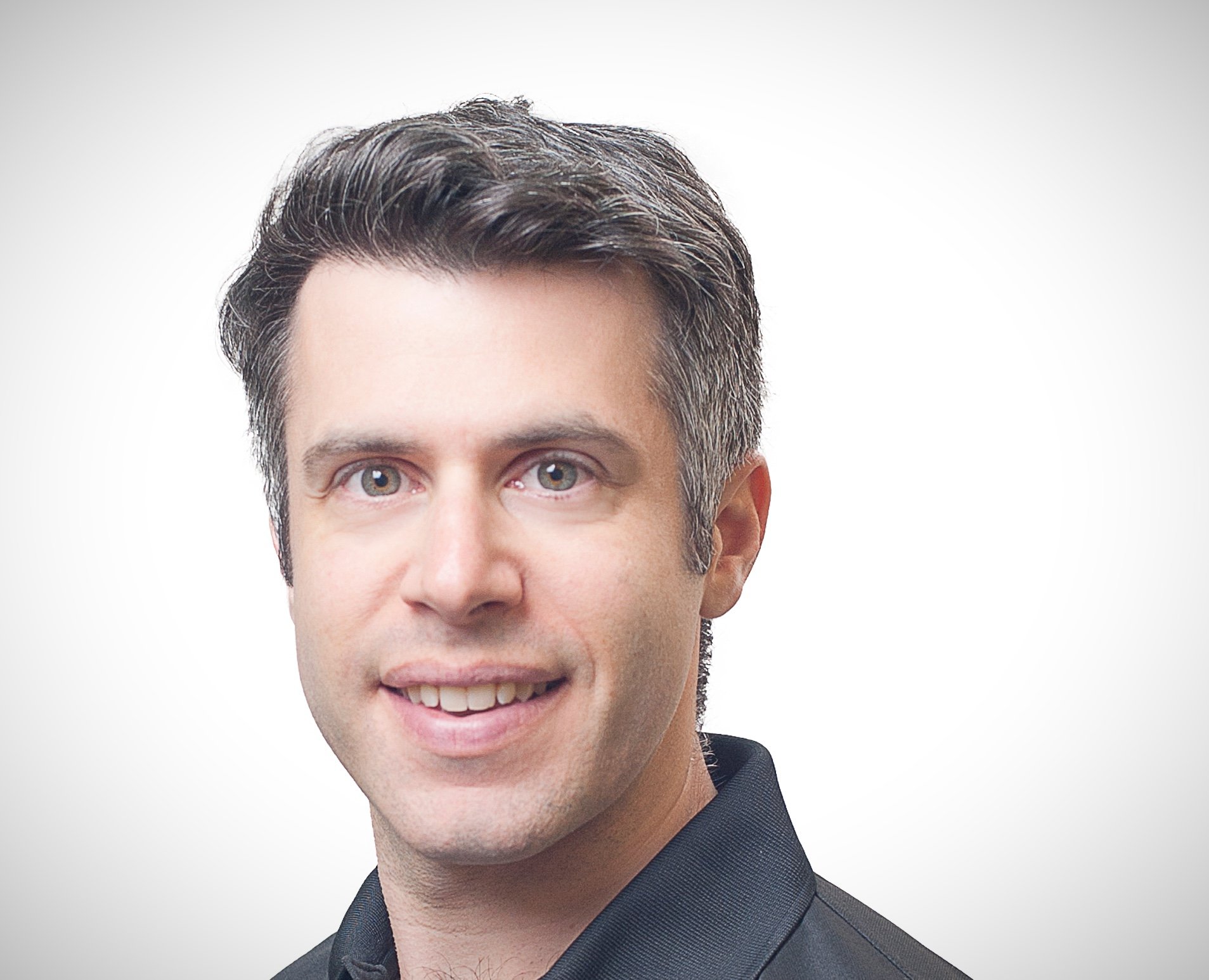
Last week, I tuned in to Techonomy NYC from a hotel room in Singapore. I had just finished a three-day series of meetings for mClinica, the Singapore-based healthcare technology company where I’ve worked since 2014. The conference provided a healthy dose of big-picture thinking that helped put my work in context. It inspired questions about how the latest advances in data-driven healthcare can impact the emerging markets that mClinica serves.
I started the Livestream just in time to catch Jessica Federer, Bayer’s Director for Digital Development, talk about a theme that I heard repeatedly during my Singapore trip—the impending digitization of healthcare. She spoke on a panel that examined how the Internet of Things (IoT), and the proliferation of data that it engenders, will transform most of the global economy. The panel included Bill Ruh, GE’s Chief Digital Officer, as well as IoT experts Mark Bartolomeo and Mark Patel, of Verizon and McKinsey respectively.
The panel touched upon one of the most profound changes happening in healthcare—the shift towards outcomes-based pricing. As healthcare systems everywhere face escalating strain from growing disease burdens and out-of-control costs, patients and payers are increasingly demanding new models of reimbursement that focus on the value that treatments confer rather than the amount of treatment delivered. A new medicine, for example, might show impressive health benefits in a clinical trial, but it may have more muted impacts on patients in the real world. Wouldn’t it be amazing if patients only had to pay for medicines and other treatments when they actually work?
The connectivity-fueled explosion of real-time data about what happens during treatment makes this vision possible. It gives healthcare systems the power to measure outcomes with more speed and accuracy than in the past, and use those measurements to direct funds to the most effective therapies. While such outcomes-based reimbursement models are not yet a widespread reality, forward-thinking healthcare organizations like Bayer are imagining a world where they are the norm.
David Agus, a physician and author who currently directs the USC Center for Applied Molecular Medicine, spoke about other exciting possibilities in a later session with Krishna Kumar, CEO of Emerging Businesses at Philips. As just one example, he talked about how DNA sequencing already allows clinicians to administer highly targeted cancer treatments. New analytic capabilities could soon empower care providers to integrate even more data, such as information on a patient’s proteome or microbiome, and target treatments of all kinds with ever greater precision. (For more on Agus, see this article.)
Nina Tandon’s work at Epibone provides another example of how medicine is getting ever more personalized. In an afternoon session, she showed how it is now possible to grow living bone for patients in need of skeletal reconstruction surgery. Since bone is the second most common type of tissue needed for transplant surgeries, this innovation could improve treatment outcomes for millions.
In spite of miraculous advances like these, however, the conference left me with a lingering sense that healthcare is still a step behind many other industries, and that we are are still at the early dawn of medicine’s digital age. Part of the problem is industry fragmentation and a consequent lack of interoperability between health information systems. We clearly need new regulations and business models that make sure that so much of the world’s healthcare data does not continue going to waste.
My own work focuses largely on addressing health data gaps in Asia’s emerging markets, so I was glad one participant raised concerns that the next wave of technological progress could increase inequality between the digital haves and have-nots. Smart hospitals and healthcare systems are getting smarter each day in health tech innovation hubs like Singapore. But in spite of all the talk I hear about “technological leapfrogging” in the developing world, progress sometimes feels glacial in the less affluent countries where I work.
I often wonder whether and how the technological wonders on display at Techonomy NYC conference can be re-purposed for low-resource settings. Targeted cancer therapies and bone transplants are examples of healthcare getting more personalized. Yet I live in Vietnam, one of many emerging markets where innovations like these may not make a dent for many years to come. It’s the kind of place where physicians indiscriminately prescribe broad-spectrum antibiotics for a wide range of indications—an enduring example of how medicine remains deeply depersonalized in many parts of the world.
Techonomy NYC was about much more than healthcare. Throughout the day, we heard about leaders using technology to improve transportation, finance, industry, and society in general. This kind of interdisciplinary dialogue will be increasingly important as the world grows more dynamic and connected. I look forward to seeing what it inspires in emerging market healthcare systems.
Will Greene is a writer and strategy consultant focused on Asia’s emerging R&D ecosystems. You can find him on LinkedIn.
Data-Driven Healthcare: Can it Help All Countries?
Healthcare was a recurring theme of the Techonomy NYC conference in late May. In several sessions, the connection between an interconnected world and a healthier world emerged. Author Greene watched the conference from a hotel room in Singapore, and found both enlightening and disturbing connections to his own work on digital healthcare in emerging countries in Southeast Asia.















